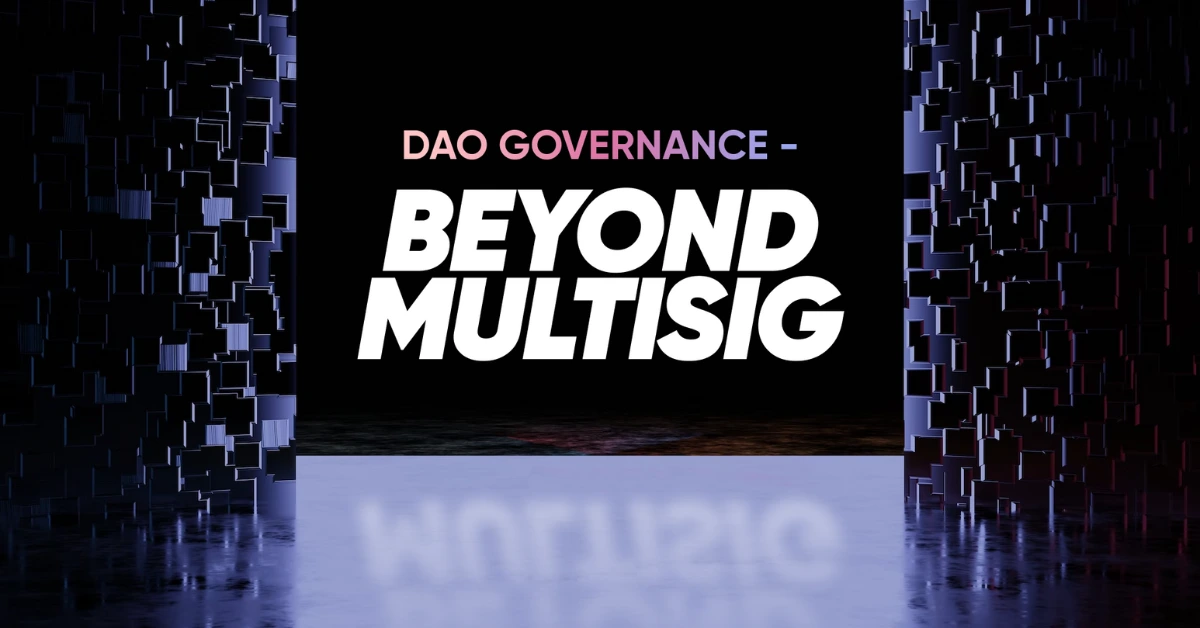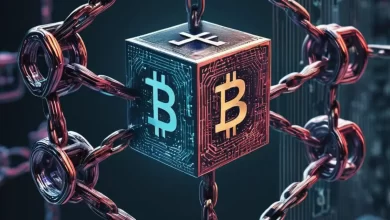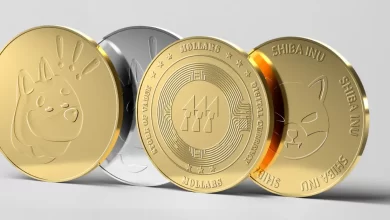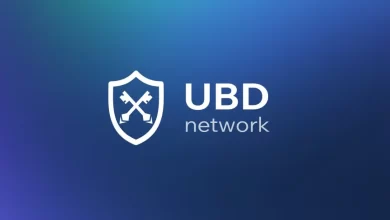Beyond Multisig: Decentralizing DAO Governance

A DAO is supposed to demonstrate how organizations can be decentralized and autonomous by, among other things, letting the community govern the DAO effectively and democratically. But is that actually happening?
Looking at DeepDAO’s data, out of over 6 million governance token voters among all the DAOs, only 1.7M are active voters. Worse yet, only 81 DAOs (out of nearly 11,000) have more than 10,000 governance token holders. This results in even the biggest DAOs with significant treasuries and functioning products to have only a handful of people govern the DAO. And that’s centralizations. Are there better ways?
Multisig: Gnosis Safe
The most common way to govern a DeFi treasury is by using a multisignature (multisig) wallet where a certain minimum number of signatures are required for a decision to count, e.g. for funds to be released or for a vote to take place (since you can vote via your wallet address in the pseudonymous world of crypto).
Gnosis Safe has emerged as the most popular and trusted such multisig mechanism. While technically sound and backed by a highly-skilled and active team, Gnosis’ actual implementation is often limited to a few individuals within each organization — not the entire DAO member community. And there are hardly any good alternative multisigs on the horizon. Yes, it is understandable that founders want to allow multisig wallet access only to the most trusted individuals, but that does undermine the decentralized and autonomous nature of DAOs.
Rewards
Being signatories to multisig wallets like the Gnosis Safe could be very rewarding since Gnosis rewarded SAFE creators with the GNO token drop and a number of other airdrops could be tied to one being a signatory. But that means that the members not part of the multisig are missing out not only on governance but also on airdrops and other potential rewards. Moreover, control of the wallet is control of the treasury, which makes it instrumental in determining how treasury funds (including dividends from the DAO’s revenue streams) is distributed. In short, access is power.
Quorum
The flipside of a trusted small group of multisig signees is that allowing a pure majority of votes to decide everything tends to lead to populism or control by the biggest token holders (whales) at the expense of the smaller ones.
This can be mitigated by setting quorums of just how big of a turnout is needed for a vote to count, but those are not easy to finetune. It’s so tricky that many current efforts leave many DAO members not qualifying and/or not motivated to participate in governance, i.e. get effectively excluded from the process.
Is there a way forward?
Crypto is a fast-developing field in both technical and organizational implementations. Good tools can be improved and fine-tuned, and new ones are being developed all the time. While there may not be a perfect solution on the market just yet, there are some promising ones coming out soon.
One to keep an eye on is DeXe DAO’s protocol that will allow the creation of a flexible DAO without any coding and with mechanisms for governance that’s inclusive and motivating. DeXe’s protocol allows for layers of voters with different weight and access levels that can be adjusted via on-chain proposals. It offers similar flexibility with quorums, rewards, vote durations, and more. DeXe’s approach seems to be that there is no “perfect” one-size-fits-all solution, but one that can be transparently and easily customized both at the inception of the DAO and down the road is one that can give power to DAOs to reward members properly and motivate them to actively make the DAO better.
In effect, DAO voting is a more scalable version of the multisig wallet. Once that can be done on-chain and with enough flexibility to work for each DAO’s individual situation, that should encourage wider member participation and a more inclusive DAO framework.
Disclaimer and Risk Warning
The article is intended for informational purposes only and should not be considered professional advice or a substitute for specific expertise. Coinpedia is not responsible, directly or indirectly for any losses incurred as a result or in connection with the utilization or dependence on any content, products, or services mentioned. Readers should do their research before taking any actions related to the company. Contact us if you have any issues or concerns.













